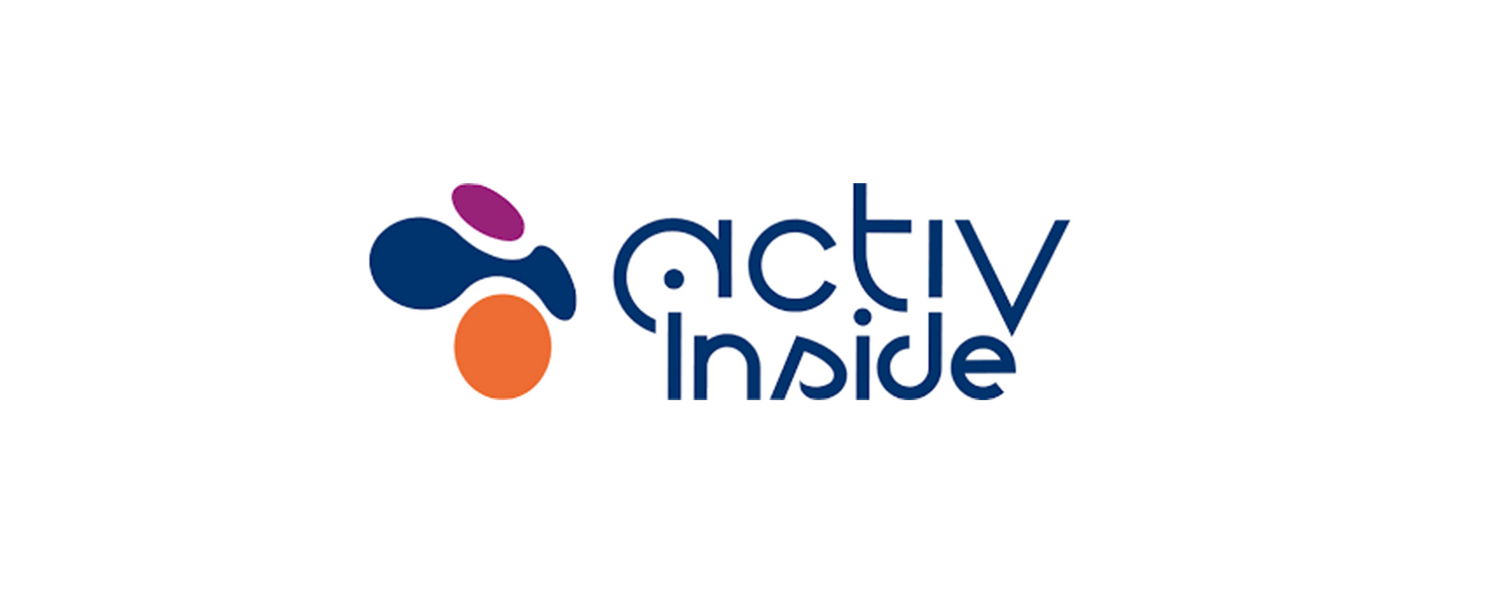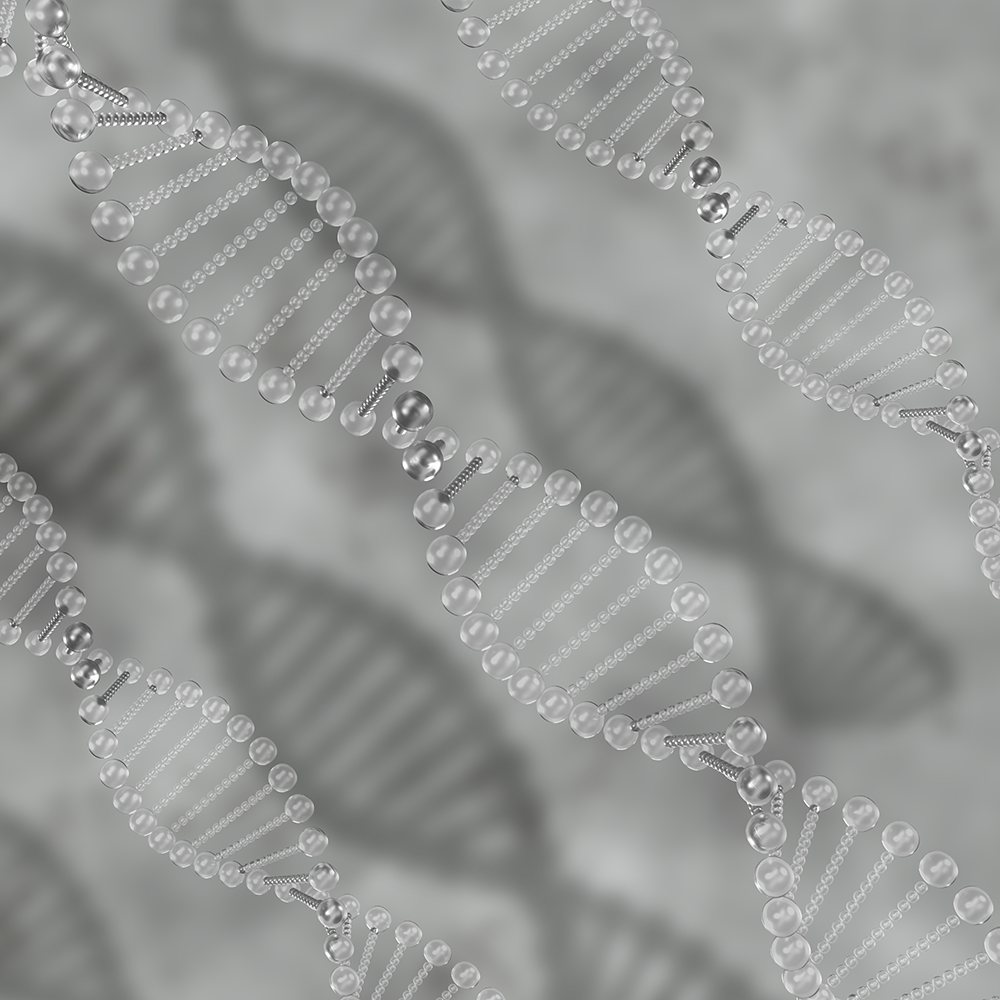
ingredient sheet
Signature Extract™ RESVER'INSIDE EX 98 PR 0018
Resver'InsideF 98 is a patented ingredient based on resveratrol, a molecule widely studied for its health-promoting properties, particularly in the areas of aging, cardiovascular health, and metabolism. Resveratrol is a polyphenol found primarily in the skin of grapes and certain other fruits, such as blueberries and raspberries. It acts as a powerful antioxidant, helping to neutralize free radicals responsible for oxidative stress, which accelerates cell aging.
HECTYL INFORMS YOU
THE BENEFITS OF Signature Extract™ RESVER'INSIDE 98

CARDIOVASCULAR PROTECTION
Studies have shown that resveratrol may help improve heart health by reducing inflammation and slightly lowering blood pressure in certain patient groups, including diabetics.
CELLULAR ANTI-AGING
It promotes cell regeneration and may help slow down certain markers of aging, particularly by promoting skin health.
METABOLIC SUPPORT
Resveratrol is also associated with improved management of glucose metabolism, which may be helpful for people with diabetes or metabolic disorders.
NEUROPROTECTION
Some studies suggest it may help protect against neurodegenerative diseases, particularly by reducing inflammation in the brain.
Collapsible content
ADDITIONAL INFORMATION +
Signature Extract™ RESVER'INSIDE EX 98 PR 0018 is the only substance guaranteed 100% natural by carbon-14 analysis and compliant with PAH (polycyclic aromatic hydrocarbon) regulations. It is a clean-label product. Each batch is tested to ensure it is free of adulteration, guaranteeing a natural trans-resveratrol content of 98%. Trans-resveratrol has numerous virtues, making it very interesting for formulations such as those intended for skin beauty, memory, cardiovascular health, or menopause.
Hectyl ingredients
Hectyl formulas, reliable solutions based on patented ingredients and benefits supported by scientific studies.
